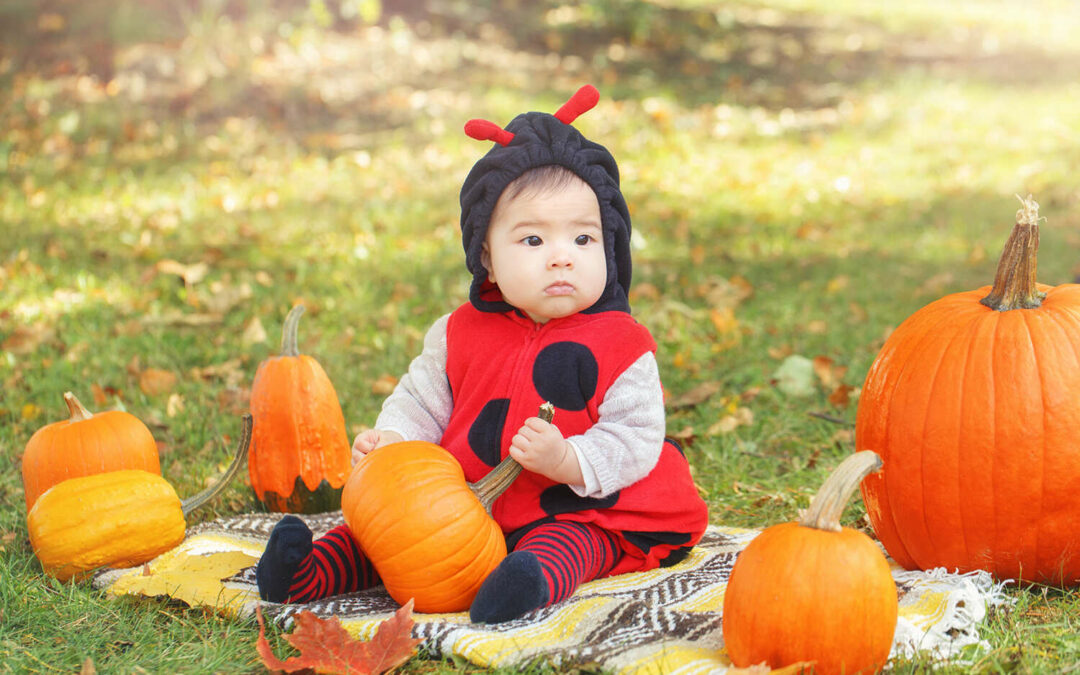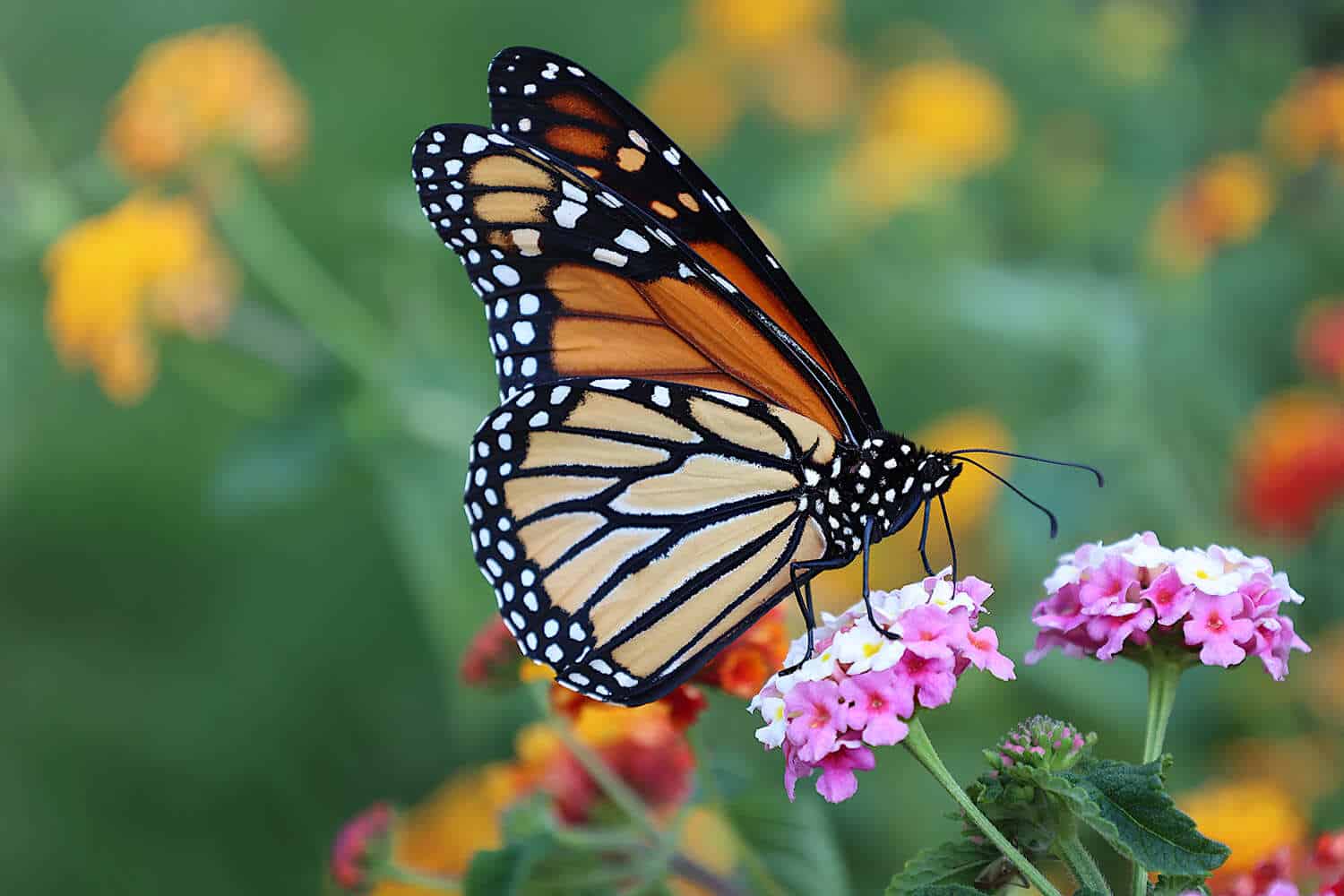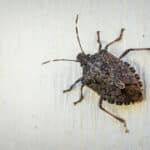As Thanksgiving approaches, we thought we’d switch things up a little. We’re a pest control company, so it stands to reason that our focus is typically on waging war on insects and pests. However, Thanksgiving is a time for making peace, is it not? With that in mind, we thought we’d highlight a few bugs we can be thankful for. Now, we don’t expect you to expound your love at the dinner table this holiday, but maybe when you see one of these little guys, you’ll think twice before squashing them.
Bees, Wasps, & Hornets
Most people know that honeybees are useful insects. After all, out of all the things to come out of a bug’s mouth, what can compete with honey? However, the honeybee’s role in pollination is far more important than its honey production.
The same is true for the bee’s lesser-liked cousins—the wasps and hornets. Are they kind of mean? Yes. Are they annoying? Sure! Yet, when they’re not dive-bombing you at a fall picnic, they’re doing exactly what the honeybees do—going from flower to flower and spreading pollen. Most flowering plants require an insect to spread its pollen from its boy and girl parts for reproduction.
As annoying as they are, you can thank wasps and hornets in part for every piece of fruit you eat, and every vegetable that grows in your garden.
Butterflies
Have you ever heard of a canary in a coal mine? Believe it or not, coal miners used to bring a canary with them into mines (how often this happened, we don’t know.) The purpose of the canary was to alert the miners to any toxic gases that might lay in wait in the depths of those mines. You see, canaries are far more sensitive to those gasses than we are.
Butterflies, too, are sensitive little creatures. They are often the first insect to react to a disrupted ecosystem. Ecologists will often watch the habits of butterflies to identify any problematic changes in a particular region. And hey—butterflies are just plain beautiful to look at!
Spiders
No one wants to be surprised by a spider, especially if it’s in your house. The truth is, we have an instinctual dislike of the 8-legged creatures and for good reason—many of them carry venom that can make their bite particularly challenging to us.
However, spiders can’t eat us. That means they would rather not bother us at all. What spiders do love to eat are flies, mosquitos, gnats, and other insects we think of as pests. A healthy spider population maintains a healthy pest population. As the saying goes; the enemy of my enemy is my friend.
Worms
Ah, worms—they’re slimy and wiggly, two things most of us dislike. While worms might seem like pitiful, creepy insects that seem to fight for their very right to exist, they’re an incredibly important facet of our environment. You see, worms eat dead and decaying matter and turn it into the rich earth that sustains plants and trees. Yes, plants love worm poop and without it, they’d lack the nutrients that allow them to go. Without worms, we wouldn’t have a green earth.
Ladybugs
We mentioned in an earlier post that ladybugs bite. However, they have very little interest in our flesh and blood. The primary staple of the ladybug diet is known as the aphid—a bug that reproduces ferociously and literally sucks the moisture out of plants, killing or thwarting their growth.
Aphids are tiny—an average plant can house hundreds of them. They are invaders of the highest order and can decimate your garden. Thankfully, a single ladybug can eat 50 aphids in a single day!






